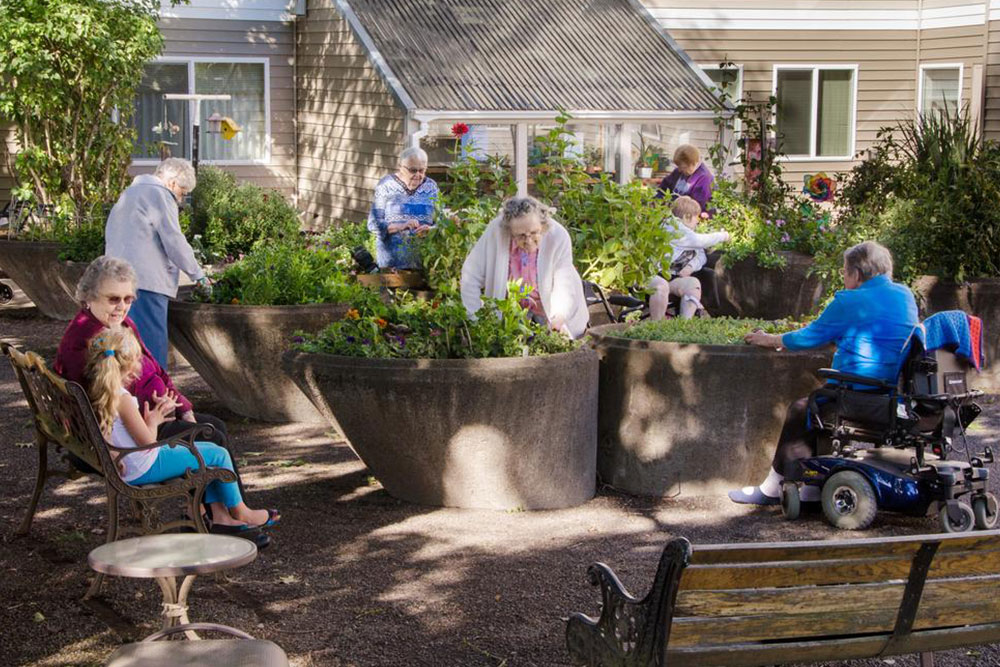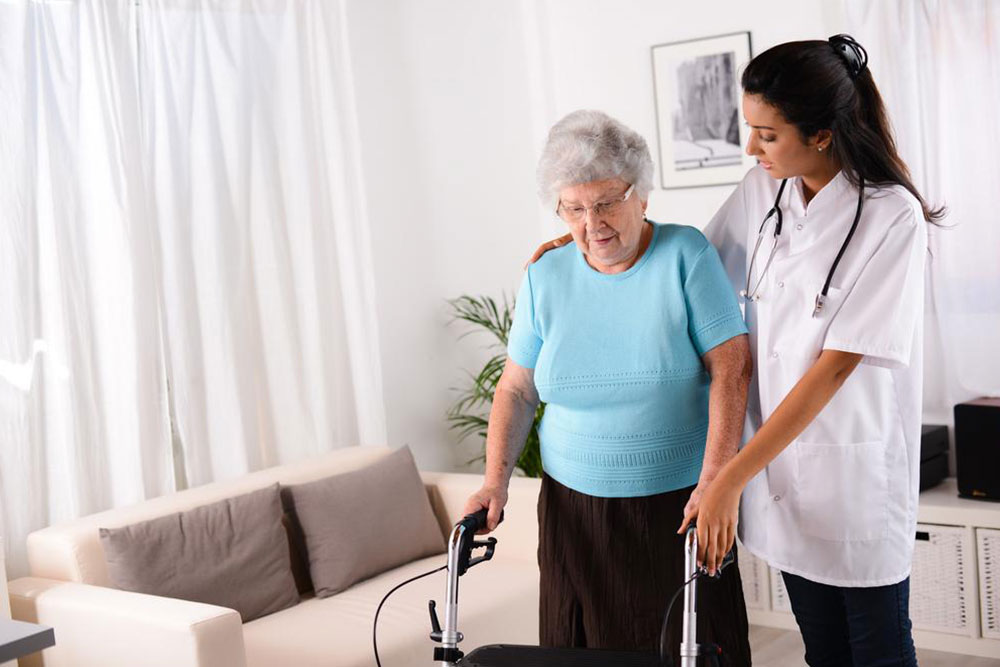Essential Guide to Choosing Live-In Elderly Care Services
This comprehensive guide covers essential aspects of selecting live-in caregiver services for seniors. It highlights common duties, tips for choosing the right professional, and cost considerations. Families can make informed decisions by understanding caregiver responsibilities, assessing credentials, and involving loved ones in the process. Practical advice on finding trusted caregivers through referrals, online searches, and medical connections helps ensure seniors receive high-quality, personalized support at home. A must-read for families seeking reliable elderly care solutions.
Sponsored

Providing continuous in-home support for seniors, live-in caregiving involves a trained professional residing with the elderly to assist with daily routines and handle emergencies. Many families opt for these services due to their personalized attention and comprehensive care. However, selecting a dependable caregiver requires careful research to ensure the best possible care for loved ones. Understanding the services offered, fees involved, and how to choose the right professional can greatly aid families in making informed decisions.
Typical Caregiver Duties
Understanding the scope of a caregiver’s responsibilities is essential in senior care planning. These professionals are equipped to handle various needs, including:
Personal Support
Most caregivers are trained to discreetly assist with hygiene routines, such as bathing, toileting, and grooming.
Household Tasks
In addition to personal care, caregivers handle light chores like cleaning, laundry, and sanitizing surfaces to maintain a comfortable environment.
Emergency Response
Living with the senior 24/7 allows caregivers to promptly respond and notify family or emergency services if health issues arise.
Mobility & Exercise
Assist seniors with moving safely, recommend gentle exercises, and drive them to appointments if licensed.
Errand Running
Caregivers can shop for groceries, pick up prescriptions, and handle banking tasks for the elderly.
Companionship
Providing social interaction, encouraging hobbies, and supporting an active lifestyle help reduce loneliness.
Pet Care
If seniors have pets, caregivers comfortable with animals can feed, exercise, and care for them.
How to Choose the Right Caregiver
Picking the best caregiver or agency involves understanding the senior’s specific needs and involving family members in the decision-making. Create a detailed care plan, listing required tasks and any special needs. Engage all relatives to share responsibilities and reduce costs by dividing chores and support roles. Verify caregiver credentials, review references, and ensure they are qualified and trustworthy. Knowing the fees upfront—average costs may vary based on location and experience—can help manage budgets. Family recommendations, online searches, and doctor referrals are valuable sources for finding dependable caregivers.






